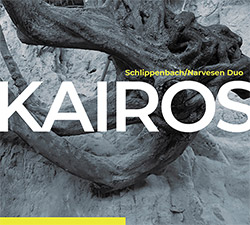
Marking their decade-long collaboration, pianist Alexander von Schlippenbach and drummer Dag Magnus Narvesen present a dynamic dialogue of free jazz and structured improvisation, blending generational and cultural perspectives into deeply focused and evolving musical narratives, where melodies and rhythmic patterns unfold organically through collective discipline and creativity.
In Stock
Quantity in Basket: None
Log In to use our Wish List
Shipping Weight: 3.00 units
EU & UK Customers:
Discogs.com can handle your VAT payments
So please order through Discogs
Sample The Album:
Alexander von Schlippenbach-grand piano
Dag Magnus Narvesen-drums
Click an artist name above to see in-stock items for that artist.
UPC: 5904441617757
Label: Listen! Foundation (Fundacja Sluchaj!)
Catalog ID: 25/2024
Squidco Product Code: 35612
Format: CD
Condition: New
Released: 2024
Country: Poland
Packaging: Cardboard Gatefold
Recorded at Berlinaudio, in Berlin, Germany, on January 19th, 2021, by Christian Betz.
"It has been claimed, not without justification, that no new creation in the arts can claim to be outside the tradition, as the tradition eventually expands to absorb everything artists do. It's almost seventy years since Ornette Coleman walked through the door marked free jazz, and what was once seen as daring, outré and avant garde is now regarded as an established part of the jazz tradition. It is a tradition that is largely debated and communicated in terms of leading American musicians, even today. Yet by the late sixties, shrewd commentators such as Ekkehard Jost in Germany and Max Harrison in London were arguing that certain free jazz musicians in Europe were working towards creating their own original, yet specifically European, version of free jazz.
As early as 1963, Albert Mangelsdorff's liner notes for his debut album Tension, had urged European musicians to make more use of the term freedom to express their European identity. Others too were working along similar lines. Gunter Hampel's Heartplants featured pianist Alexander Schlippenbach's conceptual compositions contrasting structure and freedom, ideas explored over a broader canvas when he founded the Globe Unity Orchestra.
Schlippenbach was one of a select band of European free musicians who were inspired by, but not seeking to emulate, the sounds of free jazz from the New World. Leading European free jazz musicians, detached from the cultural and political undertow of American free jazz seemed to realise early on that total freedom could ultimately be limiting. The answer was to structure the free, that there need be no conflict between free and structured jazz, the challenge was how to manage methods of construction and de-construction, a challenge Schlippenbach had begun to follow early on to define his approach to improvised music.
The resolute individuality of 'Sun,' from Globe Unity, employed a "structural jazz" approach to freedom that he would refine over the ensuing decades - with his admired trio with Evan Parker and Paul Lovens; duo collaborations with with Tony Oxley, Sam Rivers and Aki Takase while in 1999 he commenced recording the complete recordings of Thelonious Monk released in 2005 as Monk's Casino and the recipient of the German Record Critics Award. At the 2016 at Jazzfest Berlin he celebrated 50th anniversary of Globe Unity, Globe Unity 50 Years.
One characteristic of the Globe Unity Orchestra is the inclusion of instrumental voices from other European countries, so it was hardly unusual for him to form a duo with the highly regarded Norwegian drummer/percussionist/colourist Dag Magnus Narvesen in 2014. Coming from a different generation and culture with their own approach to improvised music, Narvesen offers experience from the diversity of the contemporary Norwegian jazz scene plus that priceless gift that can never be taught, of playing precisely the right thing at precisely the right moment.
Alexander von Schlippenbach and Dag Magnus Narvesen first met during the former's residency with the Stavanger based Kitchen Orchestra, one of Scandinavia's foremost free jazz ensembles. They played their first duo concert together in 2014 at the Sowieso club at Weisestraße 24, Berlin. What could have been a clash of cultures and generations turned out to be meeting of minds, achieving a unity of purpose that exceeded both musicians expectations in a way that pointed to a fruitful collaboration.
In 2018, Interweaving, their first album together was released, followed by the live Liminal Field in 2019. In 2024, Schlippenbach was awarded the German Jazz Prize for Lifetime Achievement, the German Jazz Prize for piano player and the Berlin Jazz Prize, while the tenth anniversary of the Schlippenbach/Narvesen Duo was marked by this, their third album together, Kairos. Although recorded in 2021, both musicians feel it reflects how their collaboration continued to evolve through ten years of music making together.
Schlippenbach's melodies-with-spaces allows a dialogue with Narvesen to evolve, normally from small musical beginnings, piano often answered by similar rhythmic pattern or variation as mood, as the emotional temperature of the piece unfolds - 'Fuga Continuum' or 'Intralude'. There are moments when you can almost hear the concentration this music demands as questions that demand answers blur into conversation, 'Obscura Sententia,' or where proposition is met with a counter proposition, 'Furiosa.' Throughout, both players respect the art of 'playing silences,' - manipulating tension and release or framing a phrase or passage of music with silence to lend it greater emphasis - 'Tranquil Modality.'
These devices demand musical discipline, yet one more paradox of free jazz, for example, 'Wayang' could easily spiral out of control and loose clarity, especially in the introductory percussion passage if energy was not balanced by intent. It is a piece where Narvesen takes the lead role as Schlippenbach probes, seeking spaces as piano accompanies drums until Schlippenbach changes the landscape, constructing chordal hills and dales for percussion to negotiate to resolution. It is demanding music, both for musicians and listeners, where compositional restraints emerge through mutuality of purpose. This shared understanding shapes the ultimate destiny of music and is as powerful as any music score, and from that the means to achieve it emerges, unspoken yet understood."-Stuart Nicholson
Artist Biographies
• Show Bio for Alexander von Schlippenbach "One of Europe's premier free jazz bandleaders, pianist Alexander von Schlippenbach's music mixes free and contemporary classical elements, with his slashing solos often the link between the two in his compositions. Schlippenbach formed The Globe Unity Orchestra in 1966 to perform the piece"Globe Unity, which had been commissioned by the Berliner Jazztage. He remained involved with the orchestra into the '80s. Schlippenbach began taking lessons at eight, and studied at the Staatliche Hochschule for Musik in Cologne with composers Bernd Alois Zimmermann and Rudolf Petzold. He played with Gunther Hampel in 1963, and was in Manfred Schoof's quintet from 1964 to 1967.Schlippenbach began heading various bands after 1967, among them 1970 trio with Evan Parker and Paul Lovens and a duo with Sven-Ake Johansson which they co-formed in 1976. Schlippenbach has also given many solos performances. In the late '80s, he formed the Berlin Contemporary Jazz Orchestra,which has featured a number ofesteemed European avant-garde jazz musicians including Evan Parker, Paul Lovens, KennyWheeler, Misha Mengelberg and Aki Takase. During the 90`s Duo work with Tony Oxley, Sam Rivers and Aki Takase. 1999 started performance and radiorecording of Thelonius Monks complete works, (all the compositions) with Rudi Mahall and his group "Die Enttäuschung"." ^ Hide Bio for Alexander von Schlippenbach • Show Bio for Dag Magnus Narvesen "I discovered free improvised music at the age of 16. As a drummer who was quite fed up with just filling the "time-keeping-role", the first encounter with musicians as Albert Ayler, Ornette Coleman and Peter Brötzmann altered my musical course quite considerably. The intense musical energy and the immense presence of the musicians simply blew my young brain away. Since then, I have been fortunate enough to be able to expand my musical perception through playing with truly great musicians (to whom I can never be thankful enough), listening to a tiny bit of the music available in this world (some of it introduced to me by friends to whom I also owe thanks) and through composing music on my own, some of which you can find under SOUNDS in the menu to the left." ^ Hide Bio for Dag Magnus Narvesen
1/17/2025
Have a better biography or biography source? Please Contact Us so that we can update this biography.
1/17/2025
Have a better biography or biography source? Please Contact Us so that we can update this biography.
Track Listing:
1. Fuga Continuum 6:08
2. Intralude 3:35
3. Syncopsis 4:06
4. Sweeping Statements 4:45
5. Tranquil Modality 8:50
6. Furiosa 4:39
7. Arcani Numeri 2:28
8. Obscura Sententia 2:44
9. Torso 5:20
10. Wayang 7:38
11. Fuga Futura 6:03
Improvised Music
Jazz
Free Improvisation
Collective & Free Improvsation
European Improvisation, Composition and Experimental Forms
Duo Recordings
Piano & Keyboards
Percussion & Drums
Staff Picks & Recommended Items
New in Improvised Music
Recent Releases and Best Sellers
Search for other titles on the label:
Listen! Foundation (Fundacja Sluchaj!).


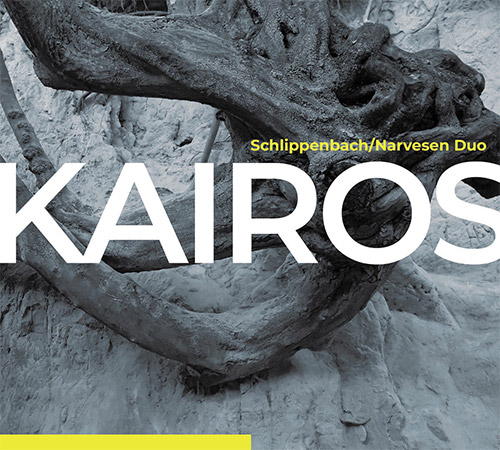




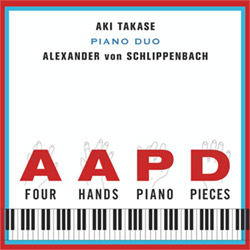


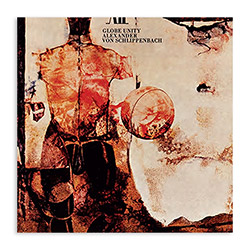



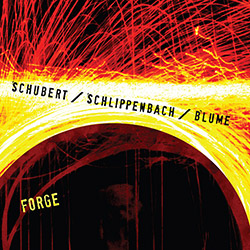
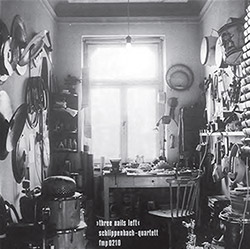
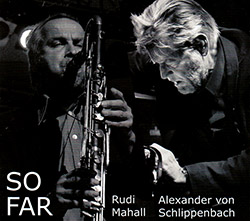


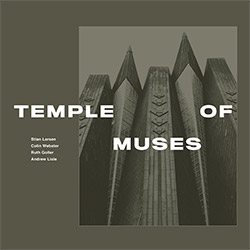
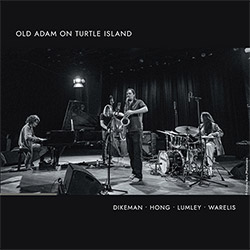

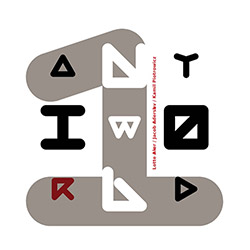

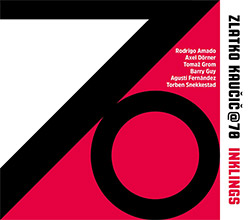



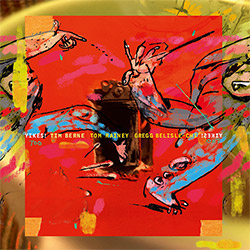


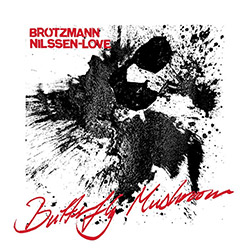
![Brotzmann, Peter / Paal Nilssen-Love: Butterfly Mushroom [VINYL]](https://www.teuthida.com/productImages/misc4/35541.jpg)
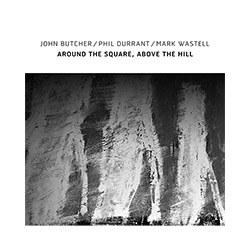
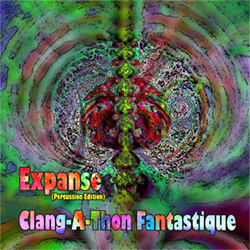
![Allen, Clifford: Singularity Codex: Matthew Shipp On Rogueart [BOOK]](https://www.teuthida.com/productImages/misc4/33454.jpg)


![Sun Ra: Lanquidity (DELUXE EDITION) [VINYL]](https://www.teuthida.com/productImages/misc4/35234.jpg)
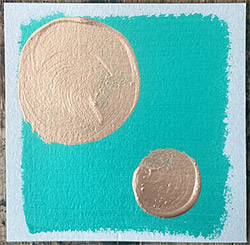
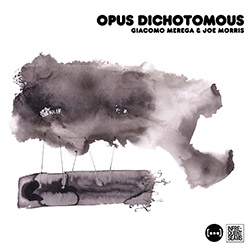
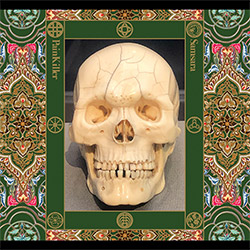
![Sarian, Michael / Matthew Putman / Ledian Mola / Federico Ughi: The Sea, The Space, and Egypt, Vol. 1 [VINYL]](https://www.teuthida.com/productImages/misc4/35463.jpg)
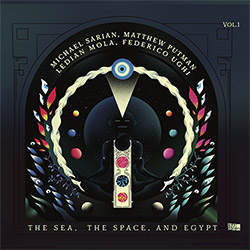
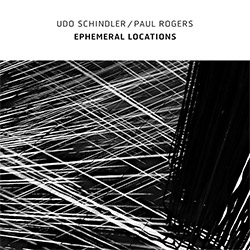
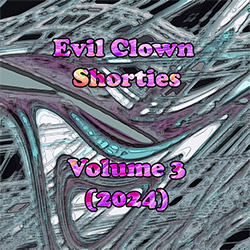



![Berne, Tim (w/ Rainey / Belisle-Chi): Yikes [VINYL]](https://www.teuthida.com/productImages/misc4/35602.jpg)

![Butcher / Davies / Sanders / Thomas: Unlockings [VINYL]](https://www.teuthida.com/productImages/misc4/35002.jpg)
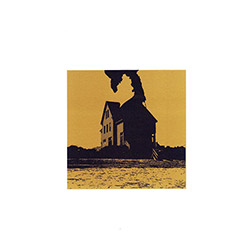
![Brulez les meubles (+ Ingrid Laubrock / Marianne Trudel / Jonathan Huard): FOLIO #5 [VINYL]](https://www.teuthida.com/productImages/misc4/35629.jpg)
![Butcher / Davies / Sanders / Thomas: Lower Marsh [VINYL]](https://www.teuthida.com/productImages/misc4/35003.jpg)
![Beins, Burkhard (w/ Dorner / Elieh / Ermke / Neumann / Renkel / Tuerlinckx / Zapparoli): Eight Duos [3 LPs]](https://www.teuthida.com/productImages/misc4/35473.jpg)

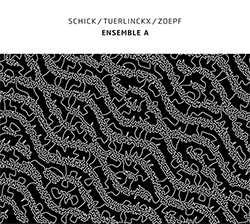
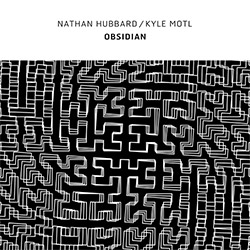

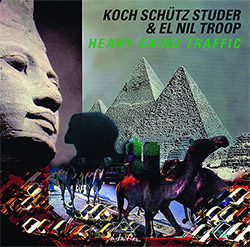

![Taylor, Cecil: The Classic Albums - 8 Remastered LPs [4 CD BOX SET]](https://www.teuthida.com/productImages/misc4/35519.jpg)
![Bang / Duch / Honore / Toop / Wastell: Wunderkammer [VINYL]](https://www.teuthida.com/productImages/misc4/35536.jpg)
![Fagaschinski, Kai / Yan Jun : Graveyard Processions [VINYL w/ DOWNLOAD]](https://www.teuthida.com/productImages/misc4/35474.jpg)
![Brant, Cody / Carl Kruger: Smoke Detail [CASSETTE w/ DOWNLOAD]](https://www.teuthida.com/productImages/misc4/35551.jpg)
![Weirs and Magic Tuber Stringband : The Crozet Tunnel [CASSETTE + DOWNLOAD]](https://www.teuthida.com/productImages/misc4/35570.jpg)
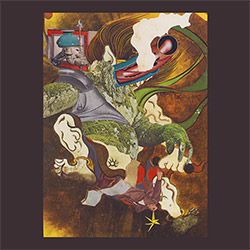
![Abcess Grenk: Erguss Von Licht [CASSETTE w/ DOWNLOAD]](https://www.teuthida.com/productImages/misc4/35560.jpg)

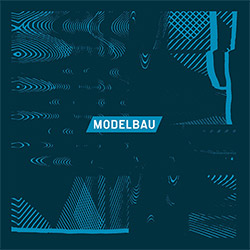
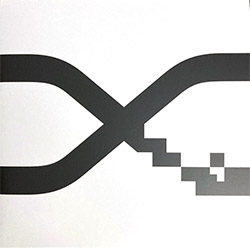
![Alva Noto: Xerrox Vol. 5 [VINYL 2 LPs]](https://www.teuthida.com/productImages/misc4/35359.jpg)
![Weston, Matt: Communism Has Appeared On The Scene [VINYL 2 LPs]](https://www.teuthida.com/productImages/misc4/35546.jpg)

![Jeck, Philip: rpm [2 CDs]](https://www.teuthida.com/productImages/misc4/35455.jpg)






![DNS: Taking Big Bites Of The Khandas Three Cafes Deep [2 CDs]](https://www.teuthida.com/productImages/misc4/35334.jpg)




![Cleaver, Gerald: The Process [VINYL]](https://www.teuthida.com/productImages/misc4/34966.jpg)




![Lonsdale, Eden: Dawnings [2 CDs]](https://www.teuthida.com/productImages/misc4/35480.jpg)







![Sanna, Claudio: Compositori Sardi Contemporanei II [2 CDs]](https://www.teuthida.com/productImages/misc4/35317.jpg)







![Zurria, Manuel: Fame di Vento [3 CDs]](https://www.teuthida.com/productImages/misc4/35167.jpg)

![Granberg, Magnus / Nattens Inbrott / Skogen: Holde Traume, Kehret Wieder! [2 CDs]](https://www.teuthida.com/productImages/misc4/35038.jpg)
![Frey, Jurg: Outermost Melodie [2 CDs]](https://www.teuthida.com/productImages/misc4/35039.jpg)

![Pavone, Jessica: Reverse Bloom [VINYL]](https://www.teuthida.com/productImages/misc4/34895.jpg)




![Modney (Modney / Wooley / Gentile / Roberts / Pluta / Symthe / ...): Ascending Primes [2 CDs]](https://www.teuthida.com/productImages/misc4/34852.jpg)






![Elephant9 : Mythical River [VINYL]](https://www.teuthida.com/productImages/misc4/34624.jpg)



![Elephant9 with Terje Rypdal: Catching Fire [VINYL 2 LPs]](https://www.teuthida.com/productImages/misc4/35355.jpg)
![Deerlady (Obomsawin, Mali / Magdalena Abrego): Greatest Hits [VINYL]](https://www.teuthida.com/productImages/misc4/34876.jpg)




![Haino, Keiji: Black Blues [2 CDs]](https://www.teuthida.com/productImages/misc4/35109.jpg)



![Surplus 1980: Illusion of Consistency [CD]](https://www.teuthida.com/productImages/misc4/35069.jpg)
![Staiano, Moe: Away Towards the Light [VINYL + DOWNLOAD]](https://www.teuthida.com/productImages/misc4/35037.jpg)



![Caveira (Gomes / Sousa / Abras / Ferrandini): Ficar Vivo [VINYL]](https://www.teuthida.com/productImages/misc4/34643.jpg)
![Gregg, J. J. / David Van Auken: Lunar Prairie [CD w/ DOWNLOAD]](https://www.teuthida.com/productImages/misc4/34611.jpg)

![Coultrain: Mundus [VINYL]](https://www.teuthida.com/productImages/misc4/32439.jpg)
![Mattin: Songbook #6 [VINYL]](https://www.teuthida.com/productImages/misc4/27317.jpg)
![Punkappella: Wake Up [7-inch VINYL]](https://www.teuthida.com/productImages/misc4/17519.jpg)
![Residents, The: WARNING: UNiNC.: Live And Experimental Recordings 1971-1972 [VINYL 2 LPs]](https://www.teuthida.com/productImages/misc4/31521.jpg)
![Coley, Byron: Dating Tips for Touring Bands [VINYL]](https://www.teuthida.com/productImages/misc4/17906.jpg)

![Lost Kisses: My Life is Sad & Funny [DVD]](https://www.teuthida.com/productImages/misc4/lostKissesDVD.jpg)